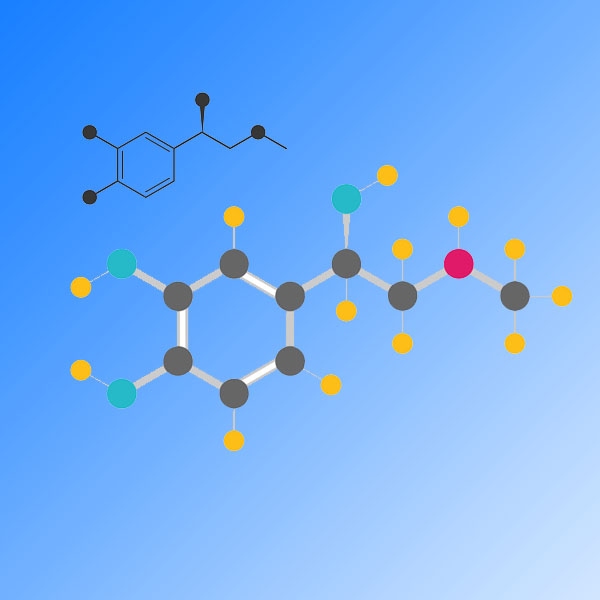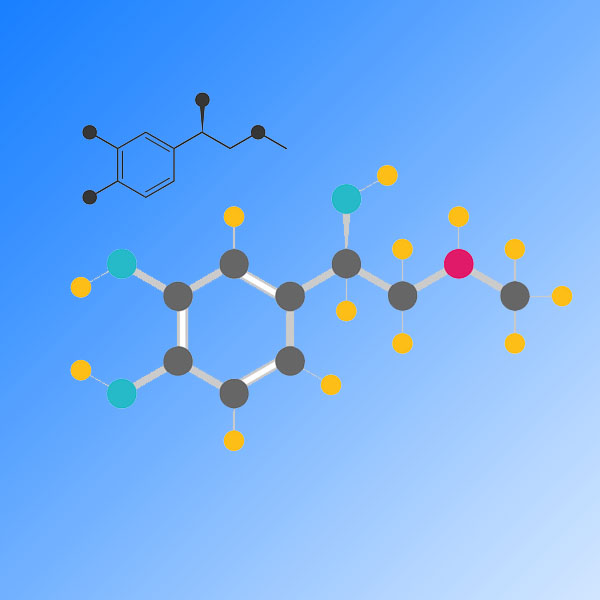Research Chemicals
Research chemicals, often referred to as designer drugs or experimental compounds, represent a fascinating and dynamic field within the realm of chemistry. These substances are created to investigate new chemical structures, explore potential therapeutic applications, and further our understanding of the molecular world. In this article, we will delve into the realm of research chemicals, examining their definition, history, regulation, and the crucial role they play in scientific research.
Research chemicals play a vital role in scientific research across various fields. Some of their applications include:
- Drug Development: Researchers explore the potential therapeutic properties of novel compounds, aiming to develop new medications for various medical conditions.
- Neuroscience: Research chemicals help scientists better understand the brain’s chemistry and its role in mental health and disorders.
- Analytical Chemistry: These compounds serve as reference standards and analytical tools to improve testing and detection methods.
- Pharmacology: Researchers study the interactions between research chemicals and biological systems to gain insights into drug action and toxicity.
- Material Science: Some research chemicals find applications in the development of advanced materials with unique properties.
PSILOCYBIN
Psychedelics, often described as substances that induce altered states of consciousness and profound perceptual experiences, have fascinated humanity for centuries. These compounds, which include substances like LSD, psilocybin mushrooms, and DMT, have been both celebrated for their potential to unlock the mysteries of the mind and demonized for their perceived risks. In this article, we will take a closer look at psychedelics, their history, effects, therapeutic potential, and the evolving scientific and societal perspectives surrounding them.
Effects of Psychedelics:
- Altered Perception: Psychedelics can induce profound changes in sensory perception, leading to vivid visual, auditory, and tactile hallucinations.
- Ego Dissolution: Users often report a loss of ego or sense of self, leading to a feeling of interconnectedness with the universe.
- Emotional Release: Psychedelics can bring repressed emotions to the surface, allowing users to process and confront past traumas or unresolved issues.
- Enhanced Creativity: Some individuals experience heightened creativity and insight during and after psychedelic experiences.
- Mystical or Spiritual Experiences: Many users describe their encounters with psychedelics as deeply spiritual, resulting in a sense of awe, unity, and a connection to something greater than themselves.
CANNABINOIDS
Cannabinoids are a class of chemical compounds found both in the cannabis plant and within the human body. These compounds have garnered significant attention due to their therapeutic potential and the ongoing debate surrounding their legal status. In this article, we will explore the science behind cannabinoids, their health benefits, and the evolving regulatory landscape surrounding their use.
Health Benefits of Cannabinoids:
Cannabinoids have shown potential therapeutic benefits in various medical conditions, although more research is needed. Some of the potential health benefits include:
- Pain Management: Cannabinoids can help alleviate chronic pain by interacting with pain receptors in the nervous system.
- Anti-Inflammatory Effects: Certain cannabinoids have demonstrated anti-inflammatory properties, which can be beneficial for conditions like arthritis.
- Anxiety and Depression: CBD, in particular, has been studied for its potential in reducing symptoms of anxiety and depression.
- Epilepsy: The FDA has approved a CBD-based medication called Epidiolex for the treatment of certain types of epilepsy.
- Nausea and Vomiting: Cannabinoids, such as THC, have been used to alleviate nausea and vomiting, often in cancer patients undergoing chemotherapy.
- Neurological Disorders: Some research suggests that cannabinoids may have neuroprotective properties, making them potential candidates for treating conditions like multiple sclerosis and Parkinson’s disease.








































